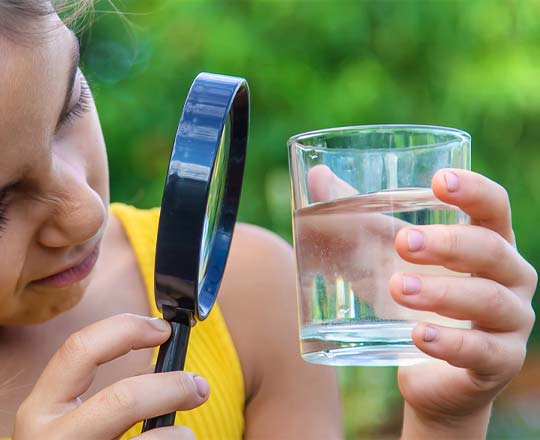Basic chemistry specifies two components of water in basic household chemistry, hydrogen and oxygen, but there are a lot more factors to take into consideration. For example, is your household water coming from a well, or is your area supplied by municipal water that holds water that has been treated from the ground or via a desalting method?
The answers to these questions and other factors can substantially affect how suitable your water is for consumption, bathing, cleaning, and other things you routinely do with water in your home.
Why the Water Source Matters
Your water source’s mineral properties play a huge role in its impurities. Take, for instance, the supply of water situated at the bottom of a subterranean aquifer, which is regarded to be hard but is healthy to drink. Hard water is safe to drink but can create a variety of problems in your home, including limescale buildup that can damage your plumbing. A lake or reservoir, on the other hand, may be more likely to contain bacteria and sediment in comparison to groundwater.
Despite where the water you drink in your home originates, it is probable to contain impurities. Even if your home receives water from a municipal supply that has been processed to meet safety standards of safe drinking water, the water likely contains contaminants that makes it less than ideal to use for daily household use.
Some of the impurities that homeowners frequently find troublesome include:
- Residual chlorine that lingers after disinfection
- Sulfur that causes an objectionable taste and odor
- Iron and manganese that can stain sinks and clothing
- Floating particles
How Can I Find Out What’s in My Water?
Your reliable local CWP expert is familiar with the water sources and water quality problems in the area where you live. Contact Chicago Water Pros today to discuss any problems you’re having with your water and to schedule a free in-home water analysis by one of our water quality experts.

